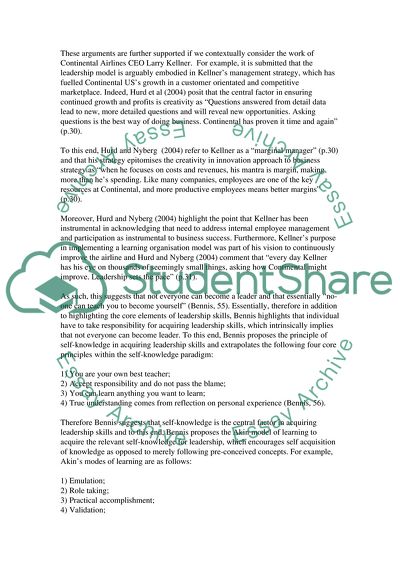Cite this document
(“Four Page Book Report on On Becoming A Leader by Warren Bennis /Review”, n.d.)
Four Page Book Report on On Becoming A Leader by Warren Bennis /Review. Retrieved from https://studentshare.org/literature/1727750-mgt-book-report
Four Page Book Report on On Becoming A Leader by Warren Bennis /Review. Retrieved from https://studentshare.org/literature/1727750-mgt-book-report
(Four Page Book Report on On Becoming A Leader by Warren Bennis /Review)
Four Page Book Report on On Becoming A Leader by Warren Bennis /Review. https://studentshare.org/literature/1727750-mgt-book-report.
Four Page Book Report on On Becoming A Leader by Warren Bennis /Review. https://studentshare.org/literature/1727750-mgt-book-report.
“Four Page Book Report on On Becoming A Leader by Warren Bennis /Review”, n.d. https://studentshare.org/literature/1727750-mgt-book-report.


